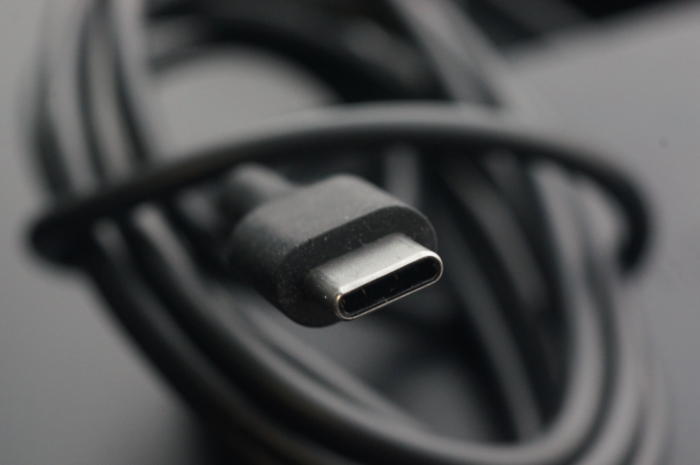Intel Ditching Analog Headphones for USB-C Audio
Aug 18, 2016
Intel praises killer USB-C audio features in war against traditional headphone jacks

Credit: Gordon Mah Ung
You may like your earbuds and its 3.5mm jack, but you’ll downright love USB-C headphones, Intel says. At the company’s IDF developer conference in San Francisco, Intel’s once again pushing hard for mobile devices to ditch analog audio and embrace feature-filled digital headsets.
Replacing the vaunted 3.5mm jack has evolved into a contentious issue ever since rumors surfaced that Apple would use a lightning connector for audio in the next iPhone. Similarly to the passion that surrounds Windows XP and Windows 7, people are so used to the longstanding headphone jack they just can’t let it go—even for the promise of something potentially better.
USB Type-C-powered headphones can employ smart power management to, say, turn off the microphone when only the actual headphones are needed. That should help keep the effect on battery life to a minimum.
Features like noise canceling and special sound effects—such as making it sound like the recording is playing in a concert hall—are all possible over USB-C. Presumably, those features would be much cheaper to implement than they are now.
Finally, ditching analog connections for USB-C may also result in even thinner phones since handsets will lose not only the 3.5mm jack, but also the digital-to-analog circuitry required to support them. If phones do get thinner thanks to the end of the headphone jack, be sure to wear looser pants.
These features “will really make USB Type-C the right connector for audio,” CNET reports Saunders saying.
The impact on you at home: If USB Type-C really is the future of headphones—and it appears that it is—it will take some time before that future arrives. First, the audio standard still has to be approved, and then device makers will have to roll out new phones that lack a traditional headphone jack. Even then, Intel says there will be dongles that make it possible to plug legacy headphones into Type-C only devices.
Hopefully, this wonderful, rosy feature that Intel is painting will still allow Type-C headphones to be as universal as their 3.5mm counterparts.
Source: PCWorld